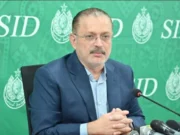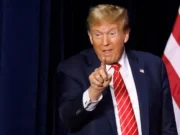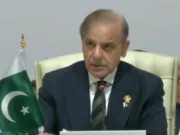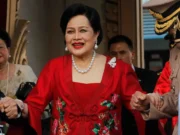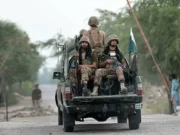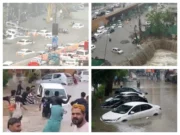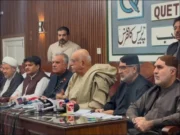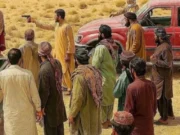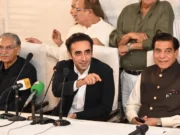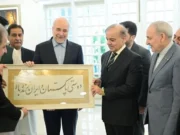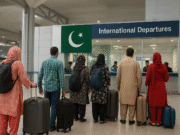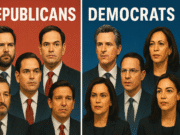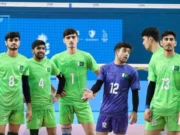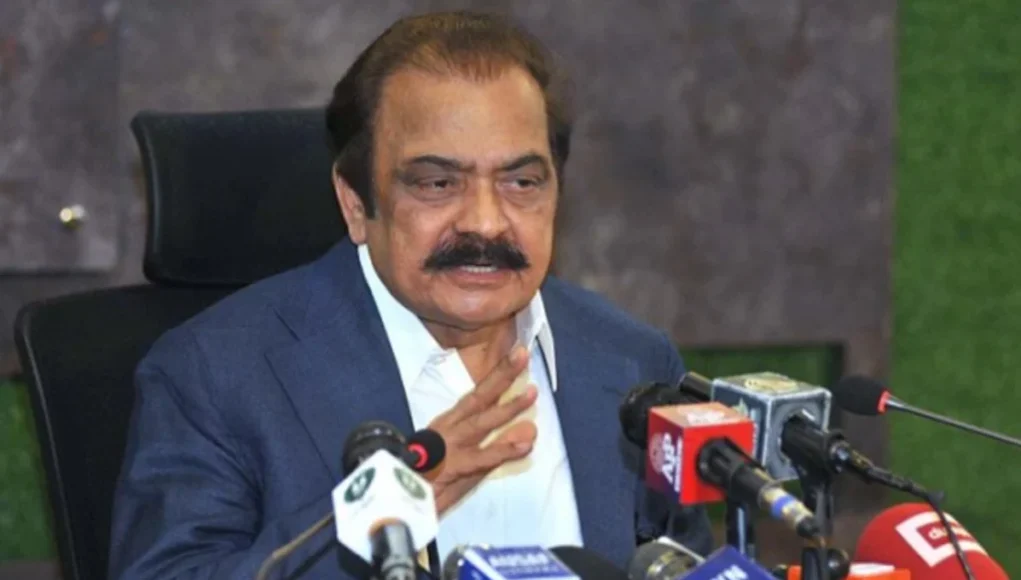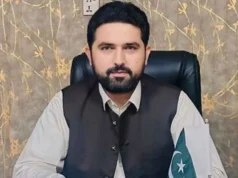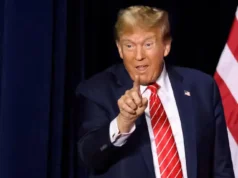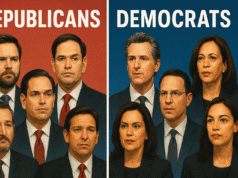Faisalabad | October 13, 2025
Deadly overnight clashes along Pakistan’s western border have reignited a fierce national debate over how to deal with militancy and the country’s relationship with Afghanistan.
Security officials confirmed that Afghan forces opened unprovoked fire at several border locations — including Angoor Adda, Bajaur, Kurram, Dir, and Chitral in Khyber-Pakhtunkhwa, as well as parts of Zhob in Balochistan. The attacks, they said, were intended to facilitate the cross-border movement of militants. Pakistani troops reportedly responded with force, resulting in heavy casualties on both sides.
According to the Inter-Services Public Relations (ISPR), dozens of militants were killed while several Pakistani soldiers embraced martyrdom. The military said its troops “responded decisively” and would continue to safeguard the country’s borders.
Political Blame Game
In Faisalabad, Prime Minister’s Adviser on Political Affairs Rana Sanaullah urged the Pakistan Tehreek-e-Insaf (PTI) to stand “unconditionally” with the armed forces. “If PTI stands with the Pakistan Army, our martyrs, and Pakistan itself — without ifs or buts — a way forward may open,” he said during a press briefing.
His remarks came after ISPR criticized the PTI-led Khyber-Pakhtunkhwa government for failing to protect local communities and relying too heavily on appeals to the Taliban-led administration in Kabul. The unusual public rebuke signaled growing frustration within the security establishment.
PTI spokesperson Salman Akram Raja responded by rejecting the idea that terrorism could be blamed on any single political party. “The issue of extremism cannot be solved by military power alone,” he said, echoing PTI founder Imran Khan’s position that political dialogue and development are essential for lasting peace. “Balochistan and K-P are bleeding — we must look beyond blame.”
Raja added that terrorism had fallen to record lows during PTI’s federal tenure and questioned why Pakistan had distanced itself from the Afghan authorities. He also reminded reporters that previous governments — including the current ruling coalition — had themselves pursued talks with militant groups in 2022.
Context and Outlook
Analysts say the deadly exchange exposes both Pakistan’s fragile border stability and the deepening political divide over national security strategy. The government has signaled a tougher military stance, while opposition leaders insist that sustainable peace requires dialogue alongside strong border defenses.
For now, the Pakistan Army continues to reinforce key border positions, and officials in Islamabad say diplomatic channels with Kabul remain open, even as public rhetoric on both sides intensifies.


